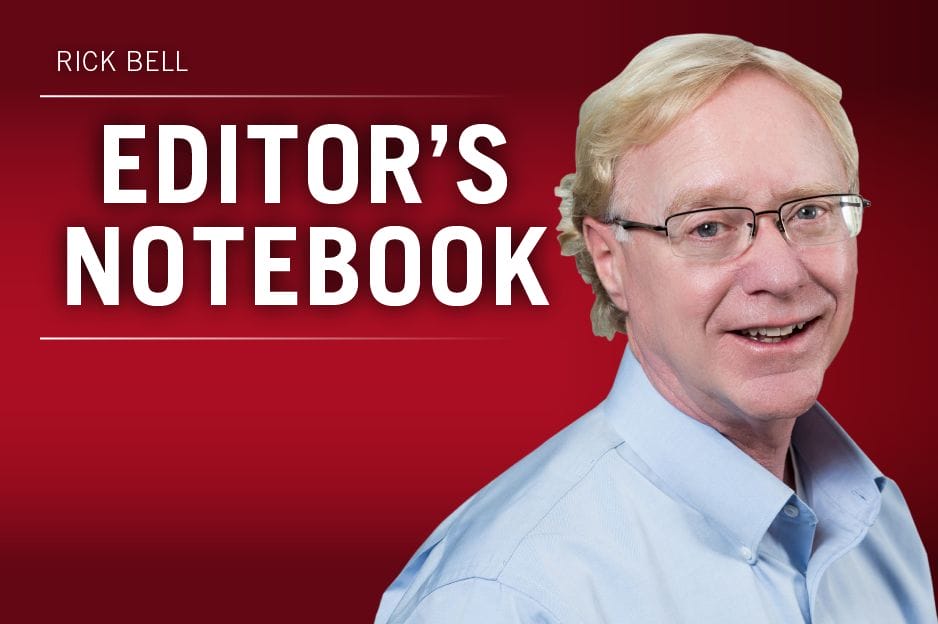Commentary & Opinion
Comparing Notes on Internship Programs
By Rick Bell
Apr. 25, 2017
We have an internship program. And, for better or worse, I am in charge of it.
Perhaps like you, the internship program is collateral duty for me; in other words, it’s another responsibility among many.
I enjoy it, though. We have had some wonderfully bright young minds pass through the cubicles at Human Capital Media, and they continually surprise me with their talents and abilities.
So it was with more than a passing interest that I attended a session on internships during the opening day of SHRM’s Talent Management Conference & Exposition, which is conveniently being held in the Hyatt Regency Chicago — right next door to HCM World Headquarters. I wanted to see if I was getting the most out of our program, and if we were providing a valuable experience for our eager young journalists in training.
I’m happy to report that yes, our program seems to be on par with what others around the country are doing. Sharon Beaudry, an assistant professor at the Oregon Institute of Technology in Klamath Falls, led the session titled, “Tomorrow’s Talent in Your Hands Today: Developing a Robust Internship Program for a Win-Win Result.”
Beaudry, who spent two decades in HR and now is in academia, had a good handle on developing and maintaining a good internship program. One of the key points she made to the room of 100 or so HR practitioners was eerily parent-like: “They listen to you, not us.”
Which is true. I occasionally [ahem] go on these long-winded philosophical diatribes with the interns regarding all manner of journalist-ing. And somehow they sort through my babble and will come back with a “ … but you said …” that will stop me dead in my tracks. “Oh yes, right, absolutely you should attribute that sentence.”
There were a few things I could check off as good practices: we pay our interns (although not at the national average of $17.69 — yikes!); keep the busy work to about 20 percent of their time; and we don’t treat them like second-class citizens. Our interns are involved in staff meetings, companywide events and sit smack-dab in the midst of the editors.
We try to offer ongoing, continuous supervision, although I like to let them think for themselves, too.
Unfortunately Beaudry’s presentation ran long, leaving no time for Q&A. A couple of people offered thoughts during her talk, but it would have been a great opportunity — for me, anyway — to hear what others are doing with their interns.
Outside of paying $17.69 an hour, that is.
Odds and ends … It’s fairly common to hear HR people say “that’s inside baseball” when someone is talking about the minutiae of some program or practice. Well, you could say Molly Fletcher’s opening keynote was as “inside baseball” as you can get. Fletcher is an agent for a number of major league players and coaches, and her stories and anecdotes got the conference of to a great start, although for the non-seamheads, it might have been a too little inside baseball.
A new term to add to your HR bingo board: Geo-fencing was a new one on me. It popped up during a panel discussion on top recruiting trends for 2017. Recruiters may get it, but I’m still a little hazy on it. Carol McDaniel, director, Talent Acquisition, Johns Hopkins All Children’s Hospital, explained it as setting up a virtual perimeter, having to go where the talent is to target people with specific skills.
Make sense? Yeah, didn’t think so.
Rick Bell is the editorial director for Workforce and is pinin’ to hear Roy Rogers to sing “Don’t Geo-Fence Me In.” Comment below or email editors@workforce.com.
Schedule, engage, and pay your staff in one system with Workforce.com.
